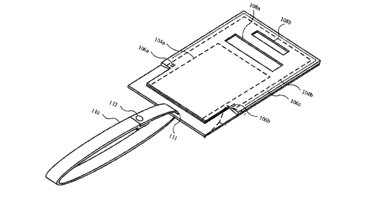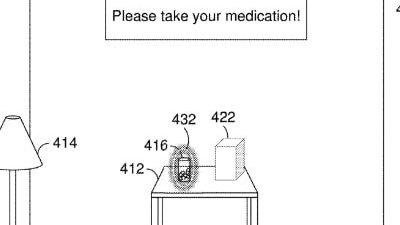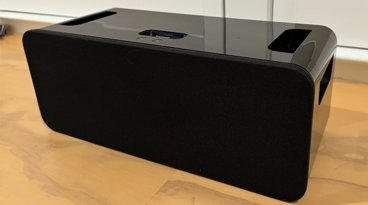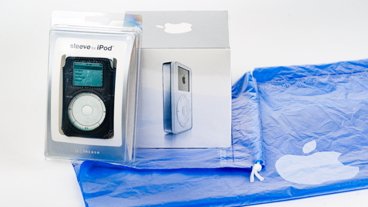Sluggish sales of 1.8-inch drives may signal end to iPod classic
The flash memory-based iPod touch, nano and shuffle, long ago made the HDD-based iPod classic the odd duck of the family. Given changes and trends in the market, the grandfather of iPods could be nearing the end of its product life cycle.
A new report from Ars Technica says the latest 250GB 1.8-inch drive from Samsung has failed to gain any traction in the market, either from PMPs, like the iPod classic, or netbooks. Only Samsung and Toshiba continue to make 1.8-inch drives, and the latest Samsung model lacks IDE and SATA connectors.
"That Toshiba's IDE and SATA drives aren't picking up adoption in the netbook and PMP spaces means only one thing," the report said. "The 1.8" hard disk appears to be dying."
Truth be told, HDD-based media players have been on the way out for consumers for some time now. With movable parts in a spinning drive far more likely to break down over time due to regular wear and tear, any traditional mobile hard drive will inevitably stop working.
First launched in 2001, the iPod relied on HDDs for storage capacity as SSD technology had not yet become viable or cost effective for gigabytes of storage. When the first flash-based iPod shuffle debuted in January of 2005, it only carried 512MB or 1GB of storage, but it was a big hit.
Over time, the introduction of the iPod nano and iPod touch made flash players take up the bulk of Apple's offerings. But so far, the hard drive hasn't disappeared.
When it was first rebranded as the iPod classic in 2007, Apple's HDD-based player came in two sizes: 80GB and 160GB, with the latter being a thicker model. One year later, Apple streamlined the brand and began offering only a 120GB model with a 1.8-inch HDD. In part, it was because Apple wanted to stick with the slimmer form factor. But it was also likely a sign that the majority of consumers were not interested in ultra-high capacity for portable media players.
In fact, at the time the 120GB model was announced, a 240GB drive was available, but Apple didn't opt for the upgrade.
Meanwhile, one hard drive-based iPod has already died: The iPod mini. The device ran on a 1-inch Microdrive which featured a spinning platter like a traditional full-form hard drive. In 2005, after two iterations, the iPod mini was replaced by the iPod nano.
SSD availability continues to grow alongside mass-market adoption while prices drop. And the market's expectation is that the iPod touch will again double in capacity this September to 64GB, much like Apple did with doubling iPhone 3GS's storage to 32GB last month.
It's unclear whether Apple plans to push out another revision to the iPod classic this fall. But either way, it appears the iPod classic's days are numbered.
 Neil Hughes
Neil Hughes










 Malcolm Owen
Malcolm Owen


 William Gallagher
William Gallagher

 Christine McKee
Christine McKee
 David Schloss
David Schloss
 Amber Neely
Amber Neely







